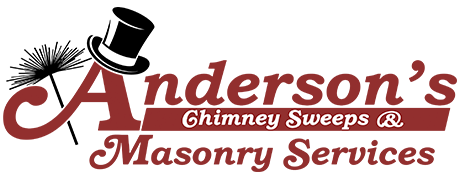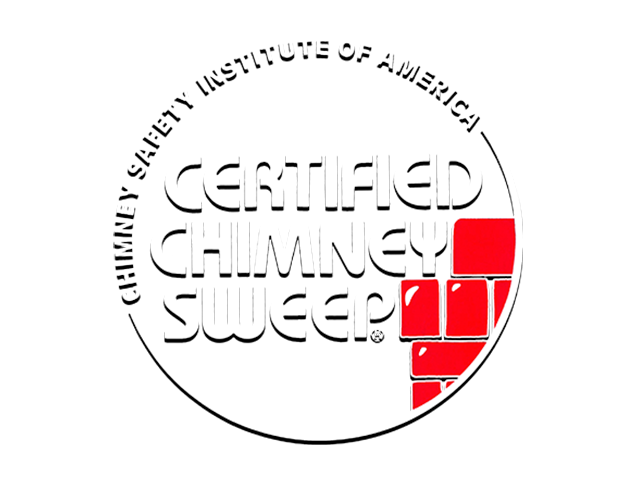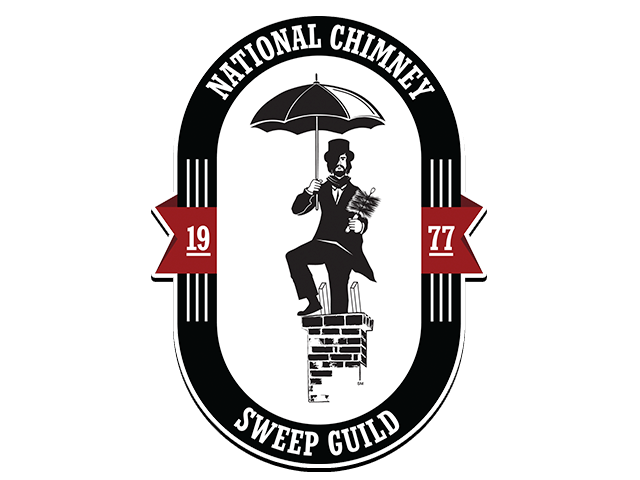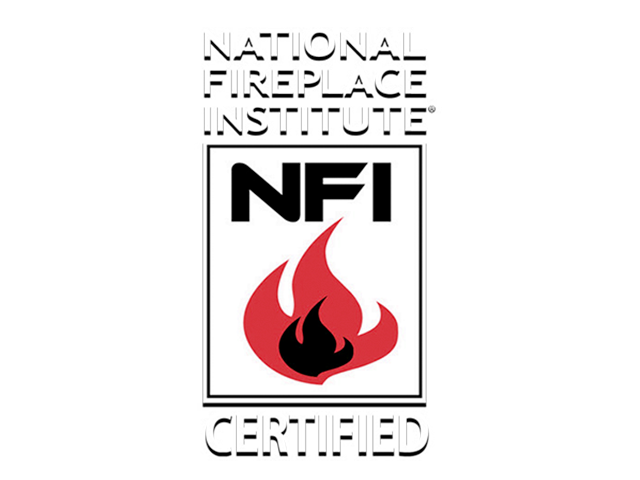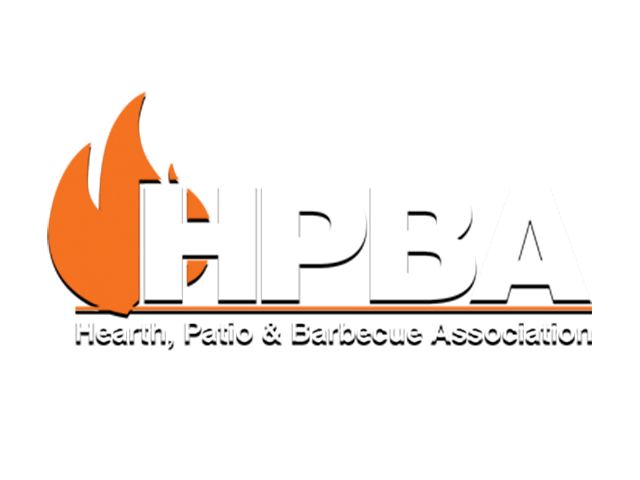Time to do a little investigating. First you need to find out if the problem is in the hand held remote or the remote receiver. It may even be in the fireplace. First, find the remote receiver under the fireplace. If you have difficulty, check the diagram in your owners manual.
If your fireplace has a battery-operated receiver for the hand held, make sure the batteries are fresh and name brand. If it is a plug-in receiver, make sure it is plugged in all the way and that it is receiving power. Once you find that the receiver is working, turn it to the manual mode and try to turn on the fireplace using the manual on/off switch. If this works, then your handheld remote probably needs batteries, or may need to be reprogrammed.
If none of these steps work, check the following:
- Is the gas supply turned on? You can do so by checking the wall valve (key or read handled type). Check the shut-off valve on the flex line attached under the fireplace.
If you have a standing pilot, make sure it is lit.
- If you have tried all these things and your gas fireplace is still not working, give us a call 717-975-3526 and we can schedule a gas appliance specialist to service your fireplace.
Our entire team is fully capable of answering your questions and concerns. Most people do not fully understand their chimney and as a result, you may not know what questions to even ask. We understand your fears and are here for all your chimney solutions.

